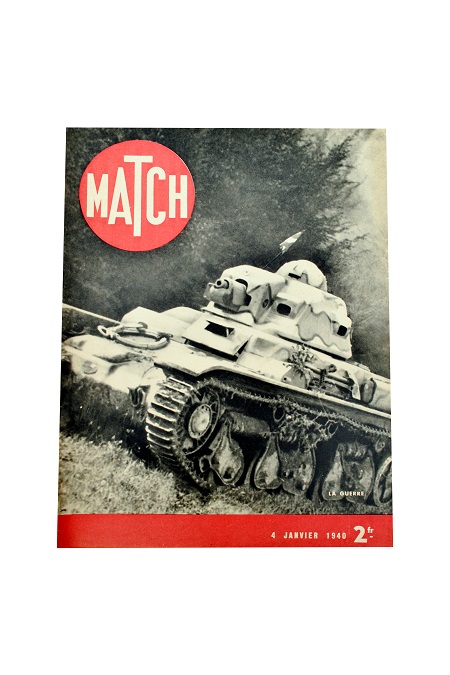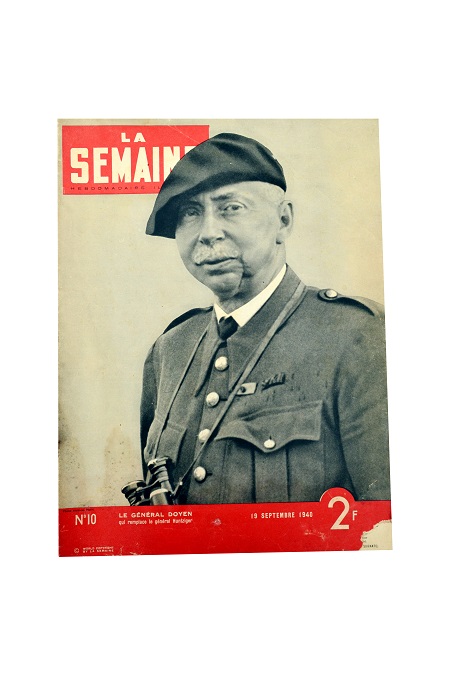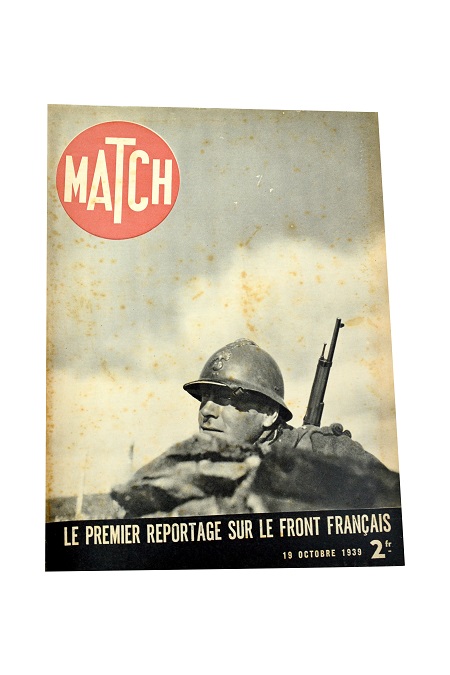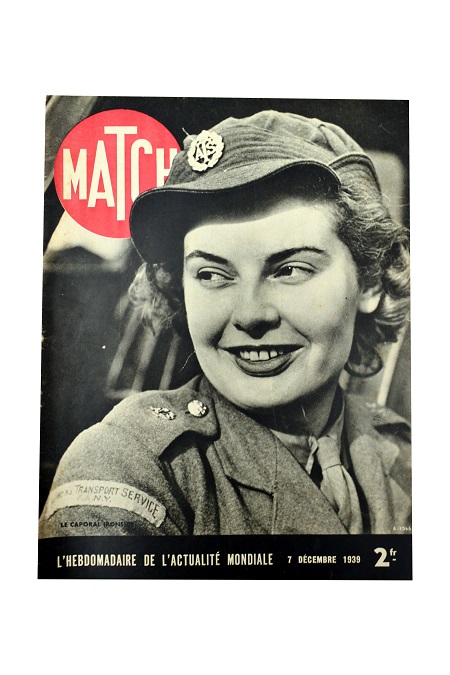
France had invested heavily in fixed fortifications (see The Maginot Line) and much of the hype and lack of accurate information about the purpose of these defences was created from the propaganda and the French public's expectations at that time. Because of the military being reliant on conscription (see Mobilisation), every male over the age of 20 was not only a citizen but also a soldier.
France had been actively re-arming since 1935; however, the public as a whole was largely unaware of exactly how far this had actually gone and to what extent. This in turn, meant that while the whole of Europe was bracing itself (with the notable exception of Hitler) for an inevitable war over the latest demands for territory in Poland by the Germans, the French public felt they were woefully unprepared for the looming conflict. Furthermore, it was commonly believed that, even if the British were to stand by France in the event of this conflict, the British were playing a cynical game and saw France purely in terms of being an extended buffer zone between them and the Germans. This led to a large amount of anti-British feeling among the wider public in France right up to war itself.
In reality, the combined forces of the Franco-British alliance enjoyed both numerical and technical superiority over the Germans.

The French had also prepared elaborately for the defence of its citizens, by the provision of an active air raid protection movement (see Defense Passive) and the issuing of gas masks to the entire population. So on paper at least, the prospects were stacked in favour of the French. To read about the Blackout, click here.
Rationing was, unlike the Germans and British, not introduced at the beginning of the war, although due to the supplies from the large of North African colonies and reasonably secure routes over the Mediterranean, this would only begin to fully be felt after the German occupation.
To read about the French Red Cross (CRF), please click here.
To read about the Défense Passive, click here.
To view our collection of French Periodicals, please click here.
Back
